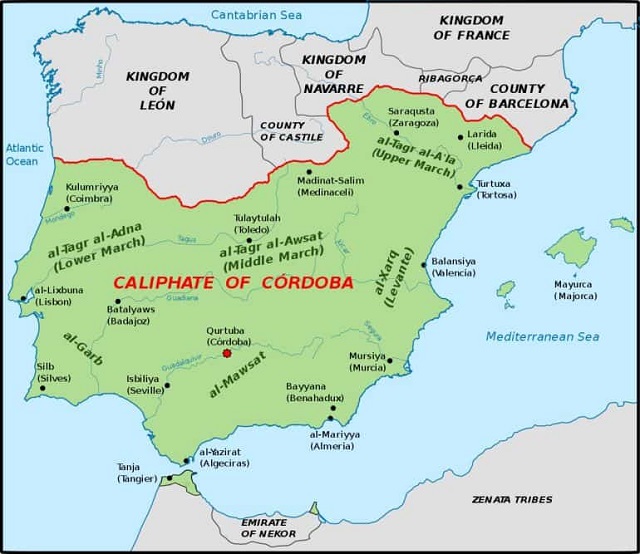
COMMENT | Gertrude Kamya Othieno | As we reflect on often overlooked narratives during Black History Month, one striking chapter that remains underexplored is the contribution of sub-Saharan Moors to Europe’s intellectual, cultural, and military history. When we speak of the Moors who ruled parts of Spain for nearly 800 years, from 711 AD to 1492 AD, we often imagine a diverse group of people from North Africa. This group included those of sub-Saharan African ancestry, whose presence and influence in Europe were profound, though specific recognition of their contributions remains limited.
Military Leadership: The Story of Tarik ibn Ziyad
One of the most remarkable figures in Moorish history was Tarik ibn Ziyad, the Berber general who led the Moorish invasion of Spain in 711 AD. Though his exact ethnic origins are debated, it is widely accepted that he had Berber roots, potentially with sub-Saharan African ancestry. His leadership was crucial in the swift conquest of the Iberian Peninsula, which reshaped Europe, establishing Moorish rule and ushering in a golden age of cultural exchange. The Rock of Gibraltar (Jabal Tariq) stands as a testament to his legacy and the enduring influence of the Moors in European history.
Intellectual Contributions: A Bridge to the Renaissance
During Moorish rule, sub-Saharan Africans played a key role in the intellectual life of al-Andalus (Islamic Spain). Scholars from across the African continent, particularly from West Africa and regions engaged in trans-Saharan trade, contributed to advancements in science, medicine, mathematics, and philosophy. These African scholars helped preserve and expand upon ancient Greek and Roman knowledge, which later fuelled the European Renaissance.
One of their significant achievements was the translation and dissemination of classical texts. By preserving works by Aristotle and Hippocrates, they ensured that Europe regained access to vital knowledge, reminding us that sub-Saharan Africans were active participants in this scholarly exchange.
Cultural and Artistic Influence
Beyond intellectual contributions, sub-Saharan Africans among the Moors enriched European culture through art and music. Moorish Spain became a melting pot of cultures, where African musical traditions blended with Arab, Berber, and European influences. The rhythmic complexity found in sub-Saharan African music contributed to the development of Moorish music, which later influenced European musical styles, particularly in southern Spain.
African artistic motifs also influenced Moorish architecture. The intricate tilework and geometric designs characteristic of Moorish art reflect a blend of African and Middle Eastern aesthetics.
Agricultural Innovations and Trade
The agricultural expertise of sub-Saharan Africans was crucial to Europe’s development. African Moors, particularly those from West Africa, introduced advanced irrigation techniques and new crops like rice, sugar cane, and cotton, revolutionising farming in the Iberian Peninsula. These innovations dramatically altered Europe’s agricultural landscape, boosting its economy.
Sub-Saharan Moors also played a vital role in trade between Europe and Africa. The trans-Saharan trade routes fostered economic growth and cultural exchange, creating lasting connections between the regions. Historical accounts describing some Moors as tall and dark-skinned bear testament to features and builds reminiscent of today’s West Africans in the Sahel region, highlighting the shared heritage and lineage that persisted through the centuries.
Conclusion
The contributions of sub-Saharan Moors to Europe’s history are undeniable yet remain underrepresented in mainstream narratives. From military leadership to intellectual and cultural influence, sub-Saharan Africans were integral to the Moorish legacy in Europe. As we celebrate Black History Month, it is vital to recognise these hidden figures who helped shape the Europe we know today. Their legacy is a testament to the rich tapestry of African contributions to global history.
*****
 Gertrude Kamya Othieno | Political Sociologist in Social Development (Alumna – London School of Economics/Political Science) | Email – gkothieno@gmail.com
Gertrude Kamya Othieno | Political Sociologist in Social Development (Alumna – London School of Economics/Political Science) | Email – gkothieno@gmail.com
 The Independent Uganda: You get the Truth we Pay the Price
The Independent Uganda: You get the Truth we Pay the Price



